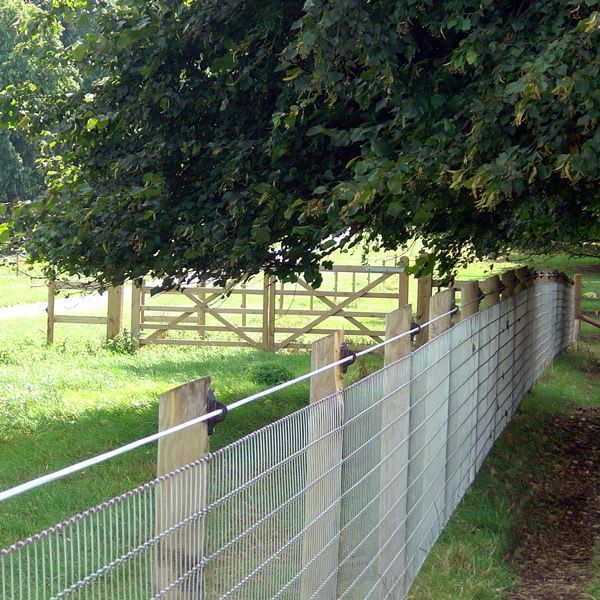Best Trees For Farm Fence Line

The paper birch betula papyrifera is an example.
Best trees for farm fence line. Best trees for fence line. Depending on price and availability locust may be your best choice when selecting wood to build a farm or ranch fence. Many farm lines hereabouts are black walnut. Not sure why the old timers planted so much of that.
The last thing you want is a towering line of trees that blocks out all of your light and erodes your good neighbourly relations. I wouldn t want to create extra labor. An important consideration when choosing fast growing trees for fence lines and urban boundaries is their mature height. A line of deciduous trees also can be a natural fence especially with tree types that have winter interest after their leaves fall.
It is a fast growing and hardy tree growing up to 2 feet yearly and becoming 50 to 70 feet tall and about 35 feet wide. Columnar apple trees malus domestica also known as colonnade apple trees grow 8 to 10 feet tall and. One of the faster growing pines this favorite has soft bluish green needles and are of course evergreen. Best trees for fence lines are fastest growing trees best.
When planted along a property line trees soften the harsh lines of a fence or can even create a natural fence. They are messy after a while and grow quite tall. The best trees for a property fence. Several white pines planted together can give shade and provide a windbreak along a fence line or in a pasture.
I guess i d also be looking at whether or not the trees drop limbs on the fence too. This tree has very dense foliage and can definitely act as a fence to protect your home s privacy. These trees are a long term investment so. Known for its incredible strength and durability black locust wood is considered to be the most valued wood to construct split rail fences.
The wax myrtle is the best option for homeowners who have small yards yet want a hedge as a fence line. It can grow up to 6 12 feet and grows at a rate of 12 to 18 inches a year which makes it easy to prune and to maintain. But for early fence builders the heartwood of aged hardwood trees was readily available and this heartwood had longevity often lasting 100 years with little attention.














































